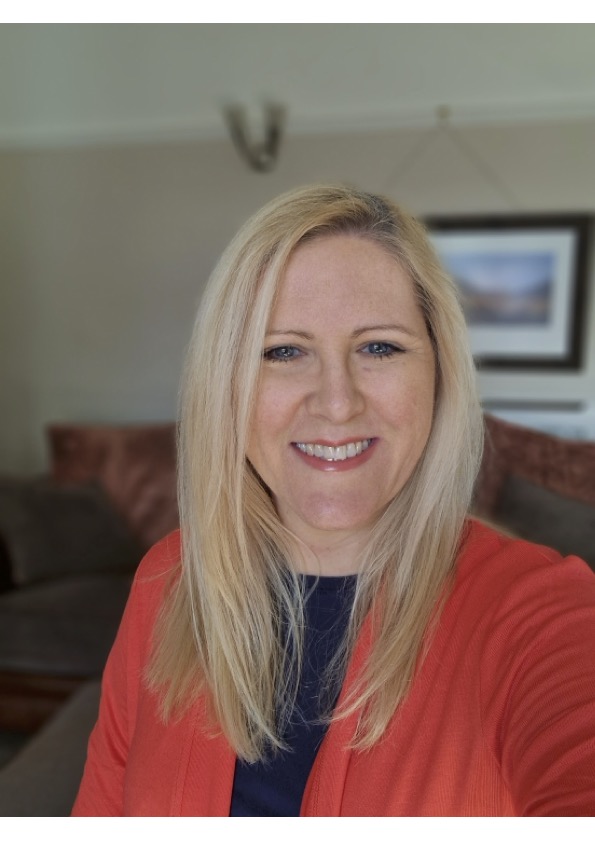Press release:
Association of British Clinical Diabetologists (ABCD) nationwide audit of the FreeStyle Libre Flash Glucose Monitoring System (Abbott Laboratories) shows improved diabetes control in people with Type 1 diabetes during the first 6 months of usage
Embargoed till 12.30 Hrs on Wednesday 6th June 2019
A national audit of the first technology device allowed to be prescribed for certain groups of people with Type 1 Diabetes, presented to the Diabetes UK meeting in Liverpool, shows important benefits both in lowering glucose levels in those with high levels before use of the device and a reduction of hypoglycaemic attacks (‘hypos’ caused by low blood glucose levels) which sometimes result in hospital admission.
What is FreeStyle Libre?
FreeStyle Libre is a flash glucose monitoring system which monitors interstitial glucose levels (glucose level in the fluids under the skin) which consists of a sensor with a microfilament, worn on the back of the arm and a hand-held reader.When the reader unit is passed over the sensor, it shows the interstitial glucose levels (https://www.freestylelibre.co.uk/libre/).
FreeStyle Libre has been permitted to be prescribed on the NHS for limited and defined groups of people with Type 1 diabetes. In addition some people with diabetes self fund the use of FreeStyle Libre. The device allows people with diabetes to monitor glucose levels more conveniently and painlessly without finger-prick tests and to have more knowledge about glucose levels throughout the day, enabling them to adjust food intake, exercise and insulin doses more effectively to avoid either high or dangerously low glucose levels.
About ABCD
ABCD is the association of diabetes specialist doctors in the UK and has previously conducted national audits of medications as they are introduced into real world usage in the NHS (https://abcd.care/abcd-nationwide-audits) This is the first ABCD audit of the effects on diabetes control of a technological device rather than a medication. Seventy hospitals in the UK have contributed to the audit which has been lead by academics from the University of Hull, alongside clinicians from Birmingham, Derby and Hull.
What the audit shows
The audit compares the findings over the first 6 months of FreeStyle Libre compared with the year preceding FreeStyle Libre use. Baseline data has been collected from 3382 people and todate on a blood test called Haemoglobin A1c (which reflects blood glucose levels over the previous 2 months) in 715 people after as well as before use of FreeStyle Libre. There is a significant improvement in diabetes control as measured by Haemoglobin A1c particularly in those people with higher Haemoglobin A1C levels before use of FreeStyle Libre. About 8 in 10 people reported that their glucose level was below normal less often than previously, and hypoglycaemic attacks during the day and at night occurred less frequently in about 3 out of 10 people.There has also been a significant improvement in a measurement of how aware someone with diabetes is of a glucose falling to dangerously low levels (Gold Score).These preliminary findings need to be confirmed over a longer period but if confirmed suggest important benefits to people with diabetes and to the wider community by avoiding expensive complications of diabetes and reducing hospital admissions.
Contact
To learn more about this audit, please contact
Dr Harshal Deshmukh Clinical Lecturer in Endocrinology and Diabetes,University of Hull
Dr Emma Wilmot, Consultant in Diabetes, University Hospitals of Derby and Burton NHS Trust.
Dr Chris Walton, Consultant in Diabetes, Hull University Teaching Hospitals NHS Trust
Dr Bob Ryder, Consultant in Diabetes, Sandwell and West Birmingham Hospitals, NHS Trust
Prof Thozhukat Sathyapalan, Professor of Diabetes and Endocrinology, Hull York Medical School, University of Hull
